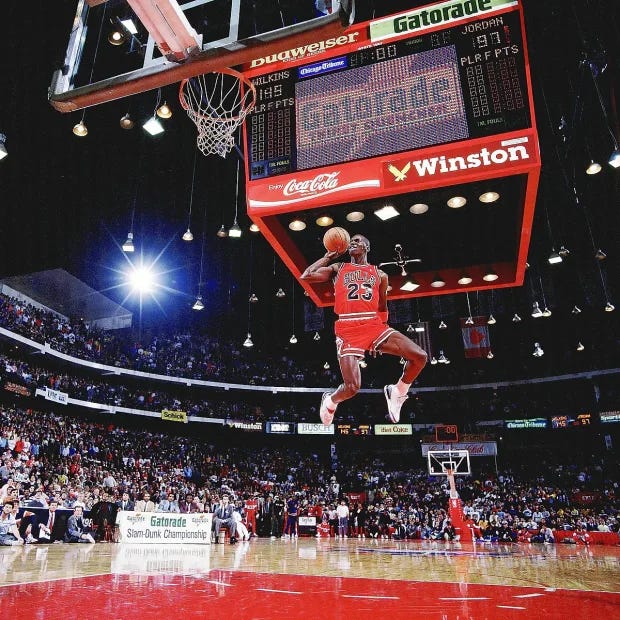Slope School
In the latest Rundown, digital coaching hits the slopes, managing weight works better with support and when it comes to arteries and exercise, not all plaque is created equal.
The Rundown
Slope School. Digital coaching hits the slopes with Carv, a program that uses sensor-equipped insoles to help improve your skiing. The insole has a long, thin wire that connects to a small rectangular battery pack that clips onto the outside of your ski boot.
For each foot, 36 sensors measure how much pressure you’re putting on your ski and how that pressure breaks down across your foot. The battery pack also has an accelerometer and gyroscope to track speed and angular velocity. A Bluetooth chip sends all the information to an app.
The app translates all the data to show you how each of your boots is oriented in space, where and how hard you’re pressuring each ski, how well you’re starting each turn and the degree you’re getting the skis on edge.
It then identifies the areas that need the most work and offers tips to improve, either at the end of the run or turn by turn with an audio coach. For every tip, there’s also a video you can watch as you take the chairlift back up for another try.
Together We Go Far. A recent paper suggests people are more successful making lifestyle changes when they use a commercial weight loss program than when they try to do it on their own.
The paper’s conclusions are based on a year-long study conducted in Canada, the US and the UK. Over 370 participants were randomly put into two groups: a commercial weight management program and a do-it-yourself program.
The DIY group members were given strategies, meal plans, self-monitoring apps and advice on physical activity but otherwise left alone.
The commercial program group members were encouraged to attend weekly workshops that included assessment, problem-solving and topics related to behavior change. They had access to an app with 24-hour support, an online community and minimal self-monitoring of food intake, activities and weight.
The participants were assessed at three and 12 months. Those in the commercial weight management group lost more than twice as much weight and reduced their waist circumference by a greater percentage than the DIY group. The commercial group was also able to maintain and continue the weight loss across 12 months compared to the DIY group, which had fewer successes.
Arteries and Exercise. A new study published in the British Journal of Sports Medicine looks at the links between exercise and atherosclerosis, or the build-up of plaques that narrow and stiffen your arteries.
One way to test for atherosclerosis is to get a coronary artery calcium score (CAC), which uses a CT scan to measure how much calcium is present in your heart’s arteries. A high CAC score reliably predicts an increased risk of serious heart problems in the general population.
The study analyzed data from subjects who took a baseline CAC test in 2000 or 2001 and a follow-up test five or ten years later. They filled out questionnaires on their exercise habits three different times during the study.
Specifically, the researchers looked at three groups with a total of about 2,500 subjects. One group did less than the recommended amount of exercise (150 minutes of moderate or 75 minutes of vigorous exercise per week). One group met or exceeded the recommended amount and one group averaged three times the recommended amount.
The analysis found that the group doing the most exercise had an increase in CAC score on their second test. However, this increase was not associated with more heart problems.
The results are consistent with other studies that show endurance exercise promotes plaque formation but those plaques don’t carry the same risks as plaques in sedentary people.
One theory is that athletes have smooth, hard plaques that are less likely to rupture compared to non-athletes who have softer plaques that are more likely to separate from the artery wall and block blood flow.
Replay
This week’s vintage moment in fitness culture is brought to you by Air Jordan at All-Star Weekend, February 6, 1988. Soaring from the free throw line to a perfect score of 50, he defeated Dominique Wilson in the finals of the Slam Dunk Contest. Photo: Walter Iooss, Jr.




